On November 19, 2025, the world watched as Curacao, a tiny island in the southern Caribbean with a population of just 160,000, achieved the impossible: qualifying for the 2026 FIFA World Cup. For the first time in its history, the nation’s national team punched its ticket to soccer’s biggest stage—not by luck, not by default, but by beating a formidable Jamaica side in a tense CONCACAF qualifier. The moment, captured in a one-minute, seven-second video by Agence France-Presse, ended with an unnamed Curacao official saying, "We will show everyone that we are small, but we are big at heart." And for once, the cliché felt true.
A Nation That Wasn’t Supposed to Be Here
Curacao isn’t just small—it’s one of the smallest FIFA members ever. By land area, it’s smaller than Manhattan. By population, it’s less than half the size of many U.S. college towns. Yet here it is, joining Cape Verde, Jordan, and Uzbekistan as debutants in the 2026 World Cup. The last time a nation this small qualified? Never. Not in 94 years of World Cup history. Even Luxembourg, with its 650,000 people, never made it past qualifiers. Curacao didn’t just break the mold—it shattered it.
The qualifier against Jamaica, played on October 15, 2025, ended 2-1 in Curacao’s favor after a dramatic 89th-minute goal by striker Stefano Rijssel. The match took place at the Stadion Ergilio Hato in Willemstad, the island’s capital, packed with 12,000 fans—nearly 8% of the entire population. No one outside the island expected this. Not even the players. "I thought Jamaica was a strong team," the official said in the AFP footage. "But we did it. Finally, we did it."
The Long Road from Colonial Outpost to World Stage
Curacao’s journey is rooted in its complex colonial past. Once part of the Dutch Antilles, it became a constituent country within the Kingdom of the Netherlands in 2010. Its football federation, founded in 1921, spent decades as a minor player in CONCACAF, often losing to rivals like Trinidad and Tobago and Suriname. But a quiet revolution began in 2018, when the federation partnered with Dutch clubs to build youth academies across the island. They didn’t have money for fancy stadiums, but they had passion—and a network of players raised in the Netherlands who chose to represent Curacao.
Players like Stefano Rijssel, born in Rotterdam to Curacaoan parents, and Stefano Scholl, who played in the Dutch second division before switching allegiance, became the backbone of the team. The average age of the squad? 23. The average salary? Less than $15,000 a year. Yet they outworked, outplayed, and outlasted teams with professional leagues and multi-million-dollar budgets.
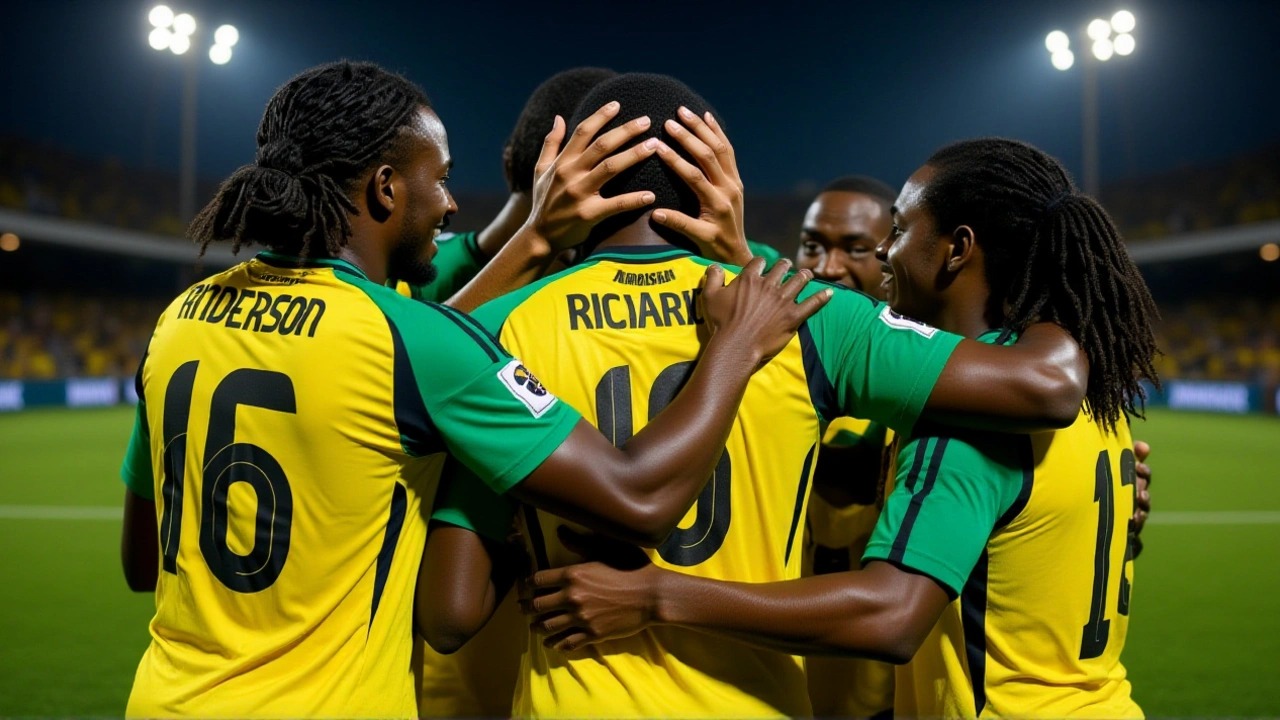
What This Means for Small Nations
This isn’t just a feel-good story—it’s a seismic shift in global football. For decades, World Cup qualification was seen as a privilege for nations with infrastructure, funding, and population size. Curacao proves that’s no longer true. In 2022, Qatar, with a population of 2.8 million, hosted the World Cup. Now, Curacao, with a population under 200,000, will play in it. The message? Talent doesn’t need a big budget. It just needs belief.
"This changes the game," said Dr. Luisa Mendez, a sports sociologist at the University of Amsterdam. "It shows that decentralized development—local academies, diaspora engagement, community pride—can overcome economic disparity. Curacao didn’t buy stars. They grew them."
What’s Next for Curacao?
The 2026 FIFA World Cup kicks off on June 11, 2026, across 16 cities in the United States, Mexico, and Canada. Curacao’s group hasn’t been drawn yet, but the team is already planning a training camp in Florida. The federation has secured a $2.3 million grant from FIFA’s Development Program to cover travel, accommodation, and equipment. Local businesses have pledged donations. A crowdfunding campaign raised $800,000 in 72 hours.
They won’t be favorites. But they won’t be overlooked. The official who spoke after the Jamaica win? He wasn’t a coach. He wasn’t even a player. He was the island’s Minister of Youth and Sports. And when he said, "We’re small, but we’re big at heart," he wasn’t just talking about football. He was talking about identity.
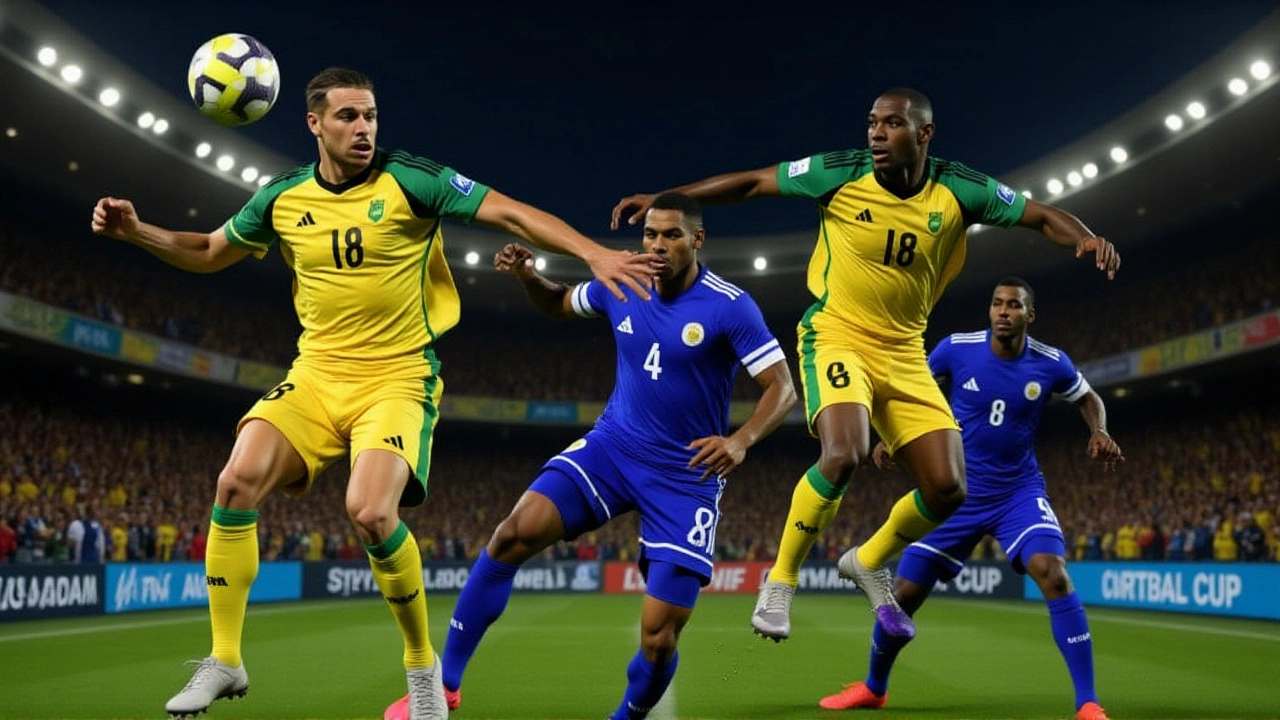
Why This Matters Beyond the Pitch
For a nation that’s often dismissed as a tourist destination or a footnote in Caribbean history, this is more than a sports achievement. It’s a moment of national pride that’s already sparked a 30% spike in school enrollment for youth football programs. Local radio stations are playing the national anthem on loop. Parents who once told their kids to "get a real job" are now buying jerseys.
And while the world watches the U.S., Brazil, and Argentina, millions of people in Curacao—and across the Caribbean diaspora—will be watching too. Not as spectators. As participants. As proof that size doesn’t determine greatness.
Frequently Asked Questions
How did Curacao qualify for the World Cup?
Curacao qualified by finishing second in their CONCACAF qualifying group behind Canada, earning one of the six automatic spots for the region. They secured their spot with a 2-1 home win over Jamaica on October 15, 2025, after a dramatic 89th-minute goal by Stefano Rijssel. Their campaign included wins over Cuba, Guyana, and a surprising 1-0 upset of Panama.
Is Curacao the smallest country to ever qualify for the World Cup?
Yes, by population. With around 160,000 residents, Curacao is the smallest sovereign nation ever to reach the World Cup finals. By land area, it’s also among the smallest—just 444 square kilometers. Previous smallest qualifiers like Iceland (340,000) and Trinidad and Tobago (1.4 million) were significantly larger.
Who are the other debutants in the 2026 World Cup?
Alongside Curacao, the 2026 World Cup will see first-time appearances by Cape Verde, Jordan, and Uzbekistan. These teams all qualified through their respective confederations—CAF, AFC, and CONCACAF—marking a historic expansion of global representation in the tournament.
Why is Curacao part of the Kingdom of the Netherlands?
Curacao became a constituent country within the Kingdom of the Netherlands in 2010 after the dissolution of the Netherlands Antilles. It maintains its own government and football federation but shares the Dutch monarch as head of state. This relationship has helped fund youth development programs, which were critical to their World Cup success.
What challenges does Curacao face ahead of the World Cup?
Despite their triumph, Curacao lacks a professional league, international training base, and financial resources compared to other teams. They’ll need to arrange training camps abroad, secure visas for players based in Europe, and manage logistics with limited staff. But their unity and grassroots support may be their greatest advantage.
Will Curacao’s success inspire other small nations?
Absolutely. Nations like Suriname, Saint Lucia, and even non-sovereign territories like Gibraltar are already citing Curacao as proof that passion and structure can overcome size. FIFA has signaled it may increase development funding for small federations, and several Caribbean nations have announced plans to replicate Curacao’s youth academy model.

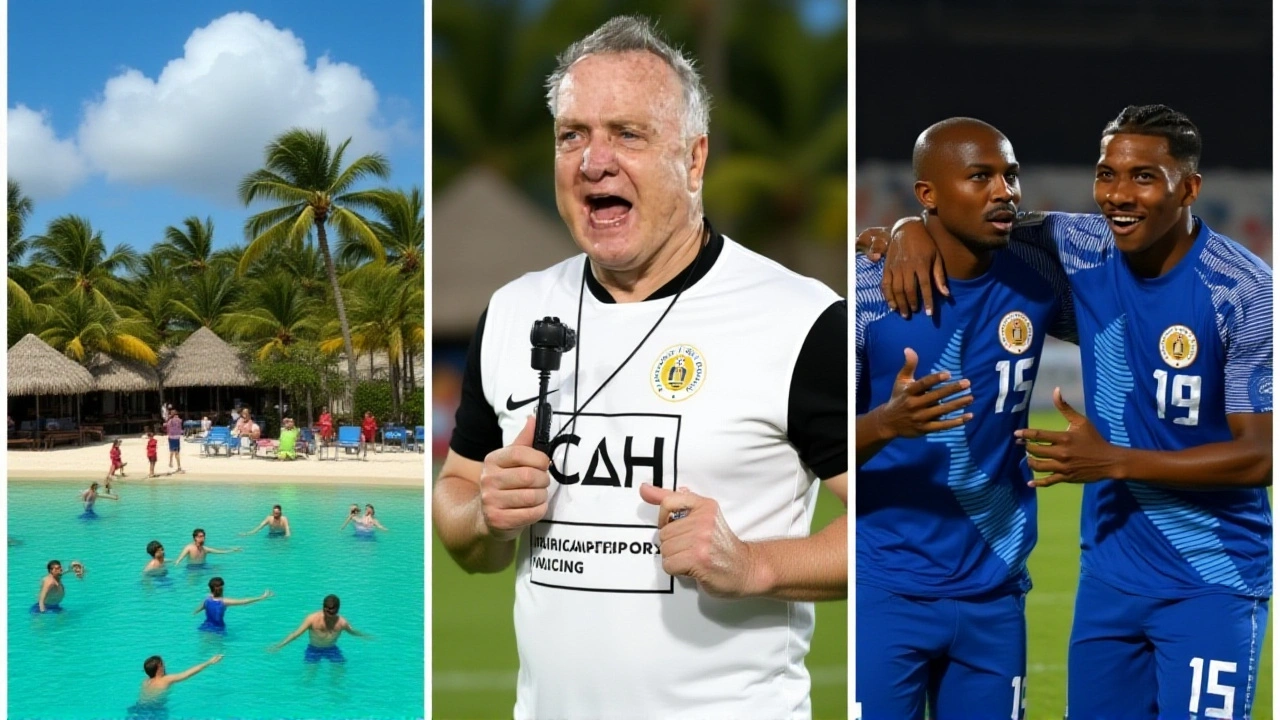
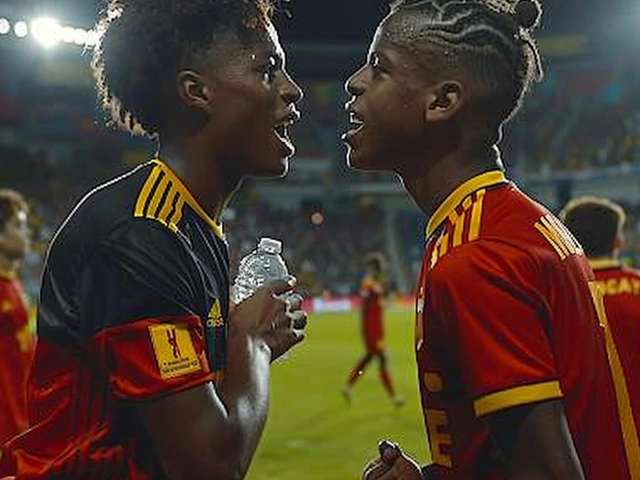
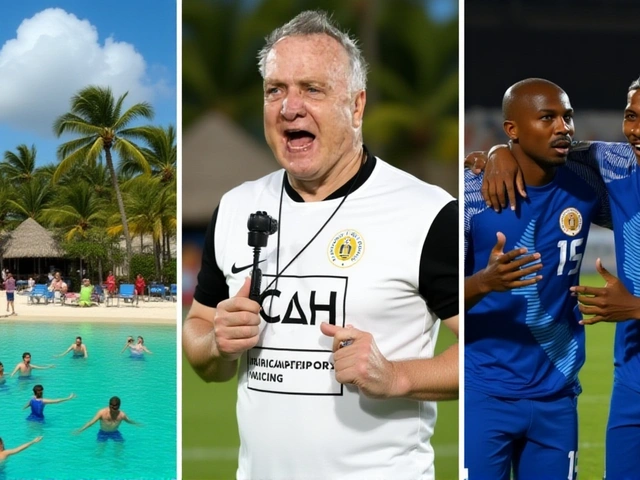
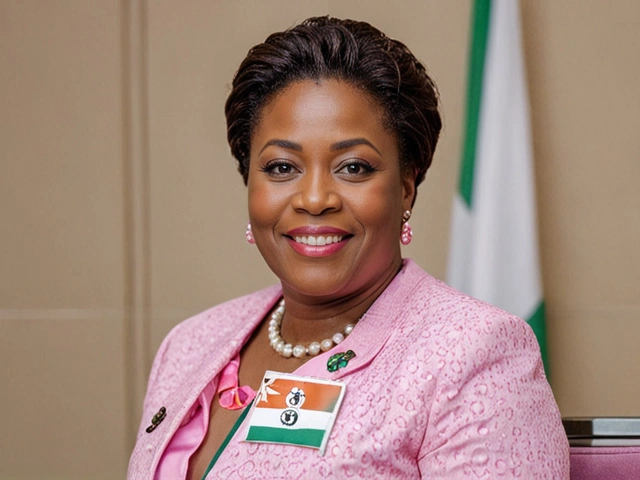
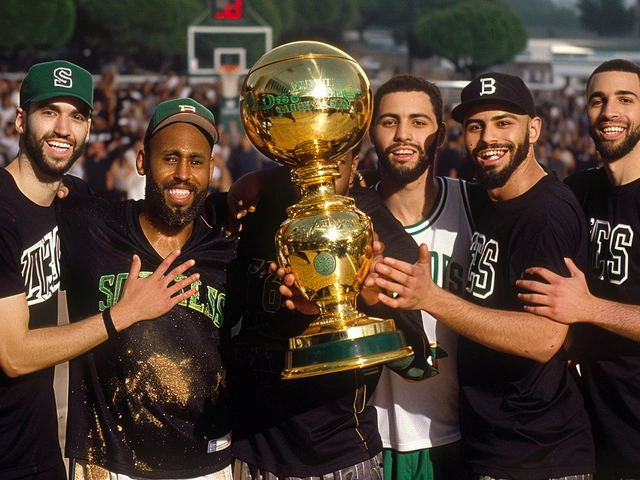
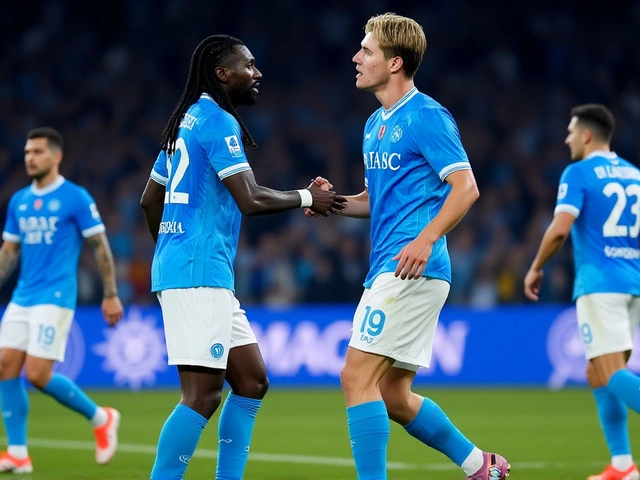
Post A Comment